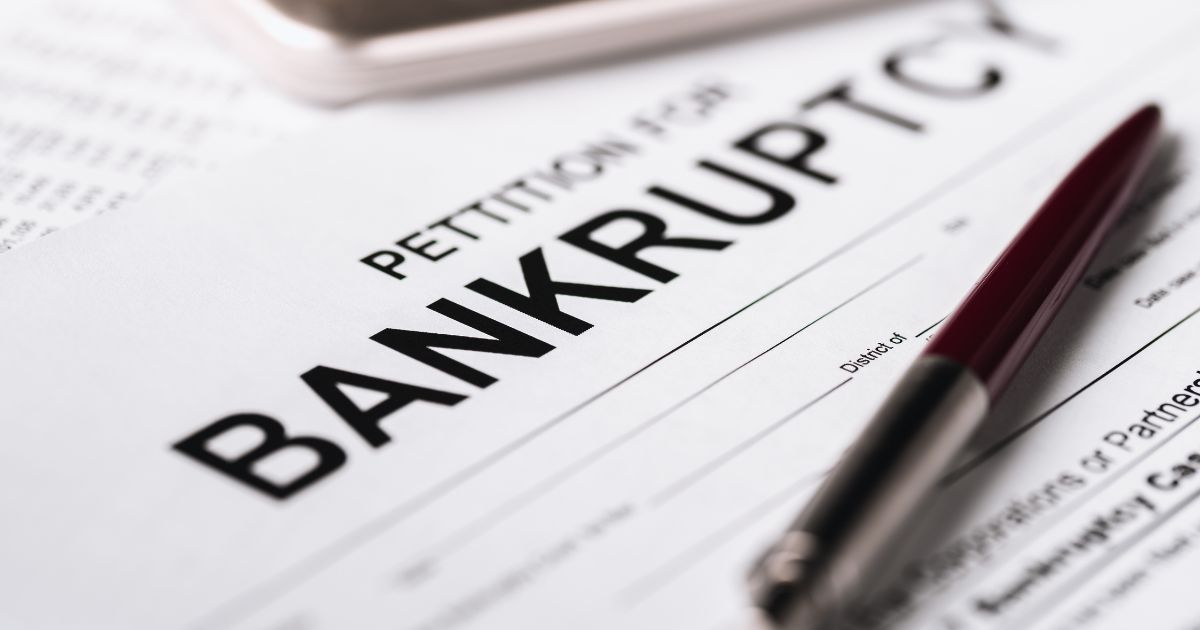What Is Chapter 7 Bankruptcy?

Chapter 7 bankruptcy is a legal option to discharge unsecured debt and completely regain control of your finances. It is often called “liquidation” or “straight” bankruptcy because all non-exempt possessions or assets must be sold to repay your creditors, and there are no drawn-out repayment plans. A large percentage are filed as “no asset” cases, meaning the assets have insufficient value to repay creditors.
Chapter 7 is the most common type of bankruptcy. According to the American Bankruptcy Institute (ABI), Chapter 7 filings account for 69 percent of all annual bankruptcy filings in the United States. Though bankruptcy is often a last resort, it typically helps if you are struggling with debt and finances. To be eligible for Chapter 7 bankruptcy, you must:
- Complete a debt counseling course with an approved credit counseling agency no more than 180 days before filing.
- Not have filed Chapter 7 bankruptcy in the previous eight years or Chapter 13 bankruptcy in the last six years.
- Wait at least 181 days before refiling if your case was dismissed.
- Undergo a financial scrutiny test that your last six months’ average monthly income is less than the same-size household median income in your state, or pass a means test determining whether you have sufficient disposable income to make partial creditor payments.
If you are eligible to file, the court can dismiss your case if it determines that filing bankruptcy is an attempt to defraud your creditors.
What Debt Is Included in Chapter 7 Bankruptcy?
Chapter 7 bankruptcy discharges most unsecured debts, though others are non-dischargeable by law, and some are decided on a case-by-case basis. Dischargeable debts include:
- Civil court judgments, non-fraud
- Collection agency accounts
- Credit card balances and overdue and late fees
Dischargeable debts under Chapter 7 include:
- HOA fees if surrendering the home or condominium
- Medical bills
- Mortgage or automobile loans for which you are unable to pay (but creditors can reclaim the house or vehicle)
- Personal and payday loans, unsecured
- Social Security overpayments
- Utility bills
- VA loans and overpayments
Chapter 7 non-dischargeable debts include:
- Alimony
- Child support
- HOA fees (if you keep the home or condo)
- Personal injury debts owed resulting from an event while you were intoxicated.
- Secured debts
- Student loans, unless undue hardship can be proven
- Tax liens of debt at least 240 days old and meet other restrictions
- Unsecured debts intentionally unaccounted for in your filing
Chapter 7 filings, including debts for falsely acquired money or property, for fraud, or malicious injury, can be rejected if contested by the injured creditor or debtor, have no satisfactory explanation, without providing audit documents, or declare a material misstatement. The Chapter 7 bankruptcy process takes approximately four to six months to complete.
How Do I Know if Chapter 7 Bankruptcy Is Right for Me?
It can be a difficult decision whether to file for bankruptcy and while it discharges your debts, it does have certain financial and credit consequences. Bankruptcy and the successful discharging of your debts will remain on your credit report and affect your score for several years. “Warning signs” that indicate filing for Chapter 7 bankruptcy may be your best option include:
- Unsecured debt totals more than half your annual income.
- Paying off your debt would take five or more years, even with extreme measures.
- You have little to no disposable income, even when budgeting.
- Your monthly income falls below the state median level.
- Stress over your debt affects essential life aspects, such as relationships and your ability to focus or sleep.
Bankruptcy law is complicated; one mistake can delay the process if you represent yourself. An experienced bankruptcy lawyer can advise you, explain the process and how bankruptcy will affect you, contact your creditors on your behalf, and protect your legal rights.
A Vernon Bankruptcy Lawyer at the Law Offices of Jason L. McCoy, LLC Will Help You File for Chapter 7 Bankruptcy
If you are undecided whether filing Chapter 7 bankruptcy is the right choice, an experienced Vernon bankruptcy lawyer at the Law Offices of Jason L. McCoy, LLC will review your case, answer your questions, and discuss your options. Call us today at 860-872-7741 or visit us online to schedule a free consultation. Located in Vernon, New Haven, and Waterbury, Connecticut, we proudly serve clients in Tolland County, New Haven County, and Hartford County.
